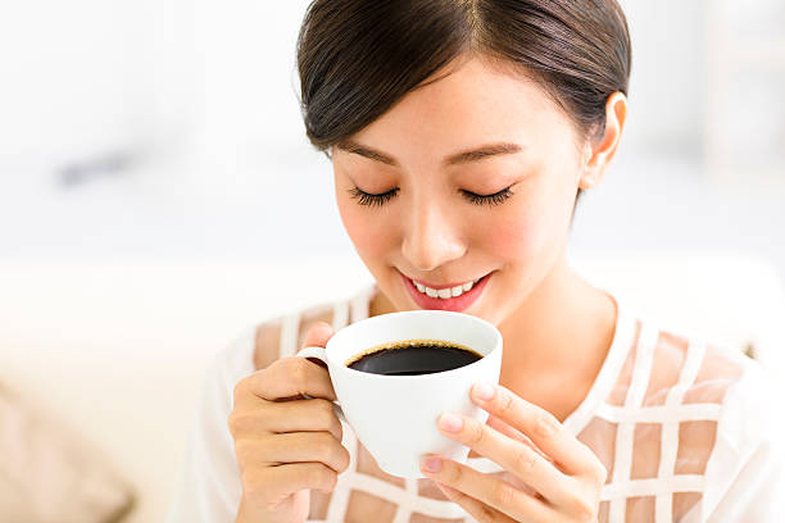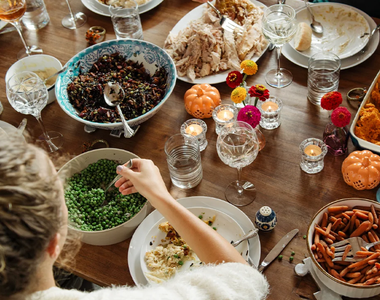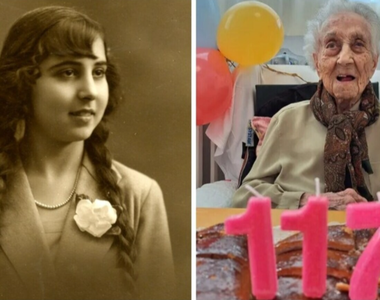
In 2021, the global teeth whitening products industry reached $5.2 billion. A more wallet-friendly option is to try to prevent yellowing teeth.
"Extrinsic stains affect the outer layer of your tooth called enamel," dentist Daniel Adlpour, of California, told Inverse. "These stains usually form from eating or drinking dark-colored foods, or foods that have tannins like red wine and coffee."
Internal stains, on the other hand, affect an inner layer of the tooth called dentin. These aren't formed by things we eat, but by "certain medications, aging and dental history, such as a tooth that doesn't form properly, or previous fillings or root canal procedures that leave the tooth dead inside and for this reason is unclear," he says.
Dentist Angela Abernathy told Inverse that “external stains are usually caused by what we consume on a daily basis. These are things like coffee, tea, red wine, curry, turmeric, betel nut, tobacco, etc."
Abernathy and Adelpour point out that the best way to prevent external stains is to limit or completely eliminate the consumption of foods, drinks or tobacco products that stain the teeth. However, they acknowledge that this may not be entirely possible.
"Everyone loves coffee in the morning or a glass of wine at dinner," says Adelpour.
But if you can't give up coffee, there are ways to help prevent the stains that come along with it. In addition to regular brushing, flossing, and regular visits to the dentist for cleanings, one way to limit the damage is to drink water after drinking and swish the water in your mouth before swallowing.
Using a pipe to consume drinks that are likely to stain your teeth, such as iced tea or coffee, can reduce the amount of time the drinks are around your teeth, which can help prevent stains.





